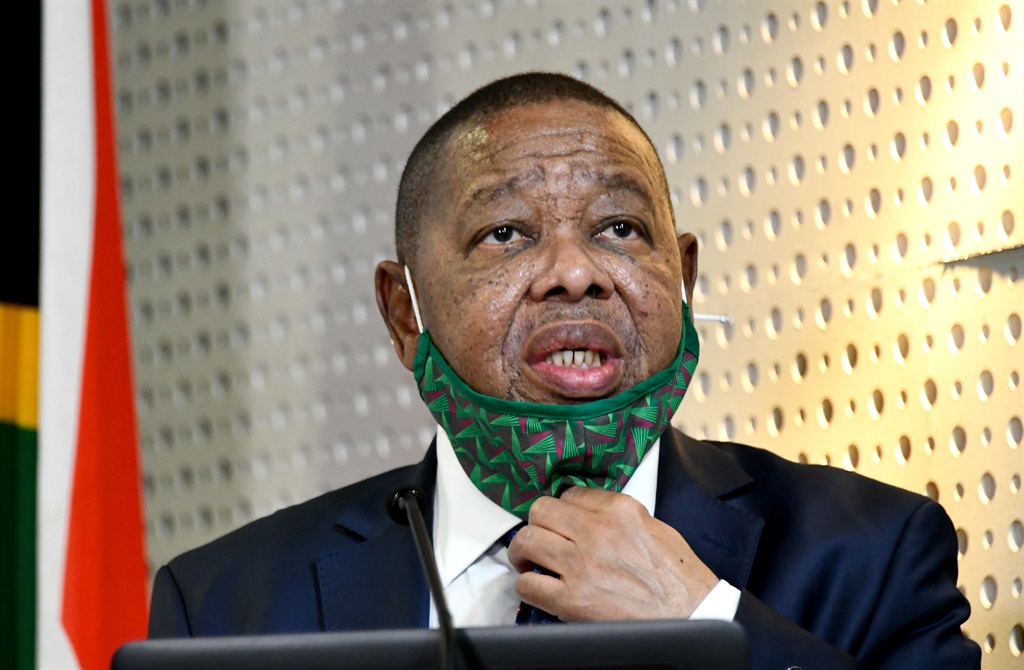


Higher Education, Science and Technology Minister Blade Nzimande
- President Cyril Ramaphosa’s plan to establish a crime detection university in Hammanskraal could be bogged down in legislative requirements.
- Higher Education, Science and Technology Minister Blade Nzimande said the proposed institution cannot immediately be established.
- Nzimande also said a new institution can only be established once funding is appropriated for such purpose.
President Cyril Ramaphosa will have to wait a little longer before his promise of a new university dedicated to crime detection is realised.
Higher Education, Science and Technology Minister Blade Nzimande confirmed this in response to a parliamentary question from DA MP Belinda Bozzoli, who wanted details on the proposed establishment of a university for crime detection in Hammanskraal.
During his 2020 State of the Nation Address, Ramaphosa announced the establishment of a crime detection university to improve the quality of general and specialised SAPS investigations.
“In terms of the Higher Education Act (Act 101 of 1997, as amended), the proposed institution for crime detection in Hammanskraal cannot be established immediately as a university. The Act allows for new institutions to be established as either Higher Education Colleges or University Colleges.
“The decision on whether this institution will be established as a university college or a higher education college will be dependent on the outcome of a feasibility study that must be undertaken,” Nzimande said.
READ ALSO | Under Level 3, 33% of student population meant to return – but TUT’s final-year students amount to 36%
He said a higher education college is an institution established as an independent institution, which offers a range of qualifications “relatively narrow” to a specific field, like crime detection.
“It is likely to have a relatively small student population, less than 5 000 students when it is fully operational. It will offer a range of qualifications and skills programmes. The qualifications would include higher certificates, advanced certificates, diplomas, advanced diplomas, undergraduate degrees and postgraduate diplomas accredited through the Council on Higher Education,” he said.
Nzimande said the institution could also offer short skills programmes or accredited occupational programmes.
“Once the college is fully established and it shows potential to grow further and expand, it could then be declared as a university college, under the governance structure of an established university.
“While the institution would initially start with a small number of programmes, in a limited number of fields like crime detection and safety and security, it would be planned to grow over time to cover a wider range of related fields and programmes in higher education, including undergraduate, honours, masters and doctoral degree programmes,” he said.
A project plan has been developed for ministerial approval to set out the process and deliverables towards the production of a feasibility study.
Nzimande said the feasibility study will be undertaken in the current financial year and will determine the timelines for the establishment of the institution in line with a costed plan.
“In terms of the Higher Education Act, a new institution can only be established once funding is appropriated for that purpose, as this is required before the institution can be legally established,” he said.
Stay healthy and entertained during the national lockdown. Sign up for our Lockdown Living newsletter. Sign up and manage your newsletters in the new News24 app by clicking on the Profile tab

